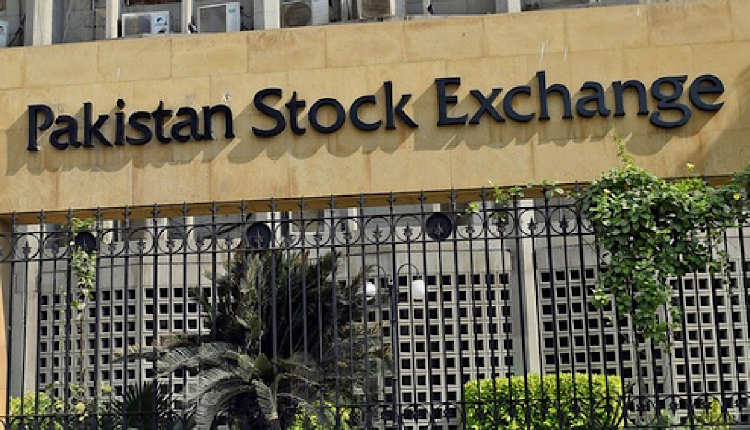Pakistan’s stock market soared on Monday as the KSE 100 index hit a record high, climbing 1.44 per cent after the International Monetary Fund (IMF) and Pakistan reached a staff-level agreement (SLA) for a $7 billion, 37-month loan programme.
The country successfully completed a $3 billion short-term programme, boosting its economy and avoiding a debt default. The IMF approved the agreement, citing Pakistan’s ambitious revenue targets in its annual budget as a key factor.
The KSE 100 index has nearly doubled since Pakistan secured its previous $3 billion agreement with the IMF. It has also witnessed an increase of over 10 per cent since the presentation of the nation’s annual budget.
The $7 billion figure was expected, said Adnan Sheikh, Assistant VP of Research at Pak Kuwait Investment Company. The market is likely to react positively to this SLA over the short week due to the upcoming two-day holiday, he added.
Sheikh further explained that IMF deals used to be highly politicised in the media, with demands for extra measures from Pakistan. This time, the agreement was reached quietly between the government and IMF staff.
The market now anticipates a further reduction in interest rates by the central bank, despite a temporary rise in inflation due to recent budgetary measures. Inflows of $2-3 billion are also expected to occur within the month.
The IMF has stated that the SLA is pending approval by its Executive Board and confirmation of financing assurances from Pakistan’s development partners and bilateral allies, such as Saudi Arabia, the United Arab Emirates, and China.
The IMF, in a statement, highlighted that the new bailout programme aims to solidify stability and promote inclusive growth within Pakistan, a South Asian nation grappling with economic challenges.
Pakistan has a history of facing severe economic challenges, resulting in 22 IMF bailouts since 1958. As of July 11th, Pakistan is the fifth-largest debtor to the IMF, owing $6.28 billion.
Attribution: Reuters


